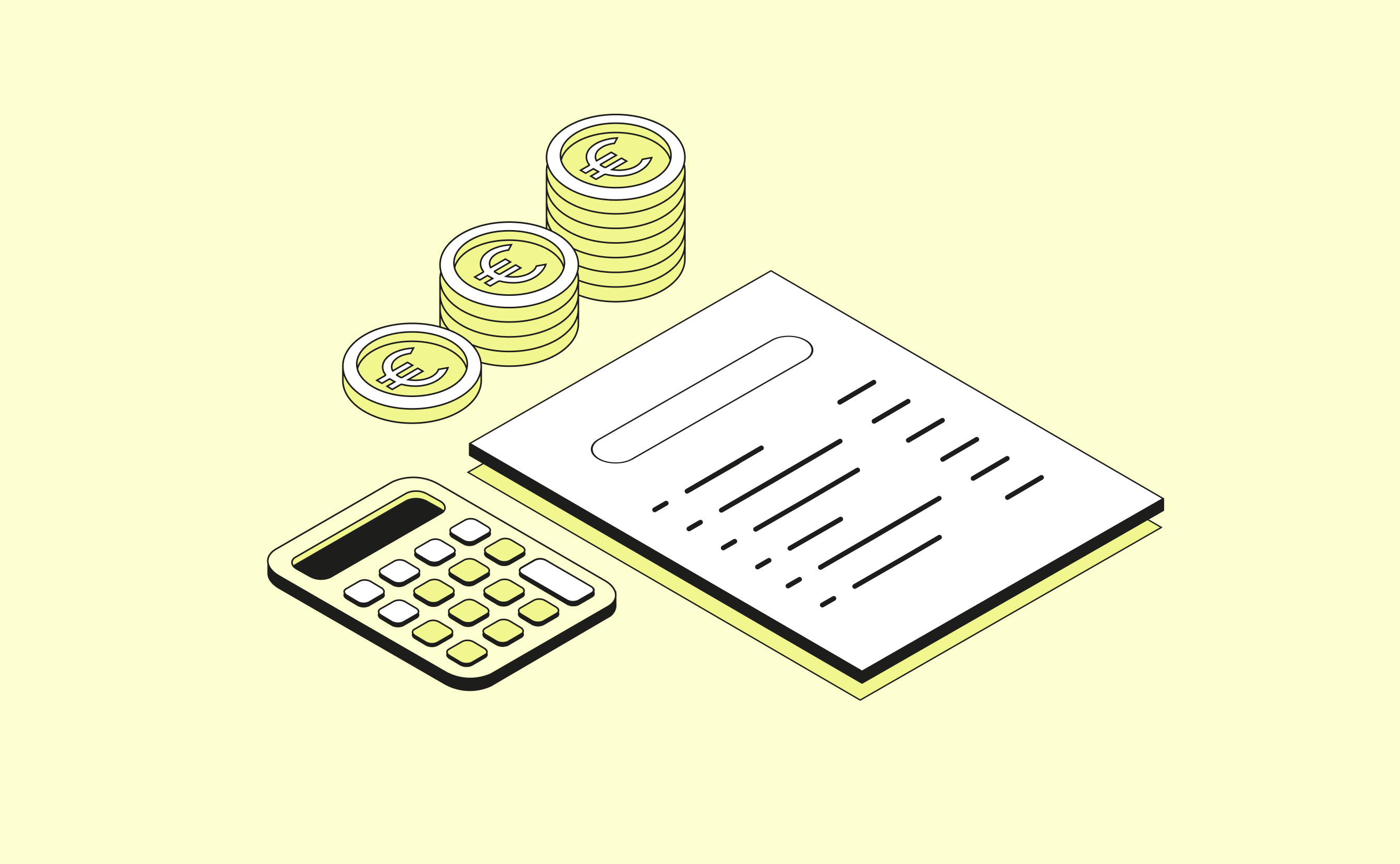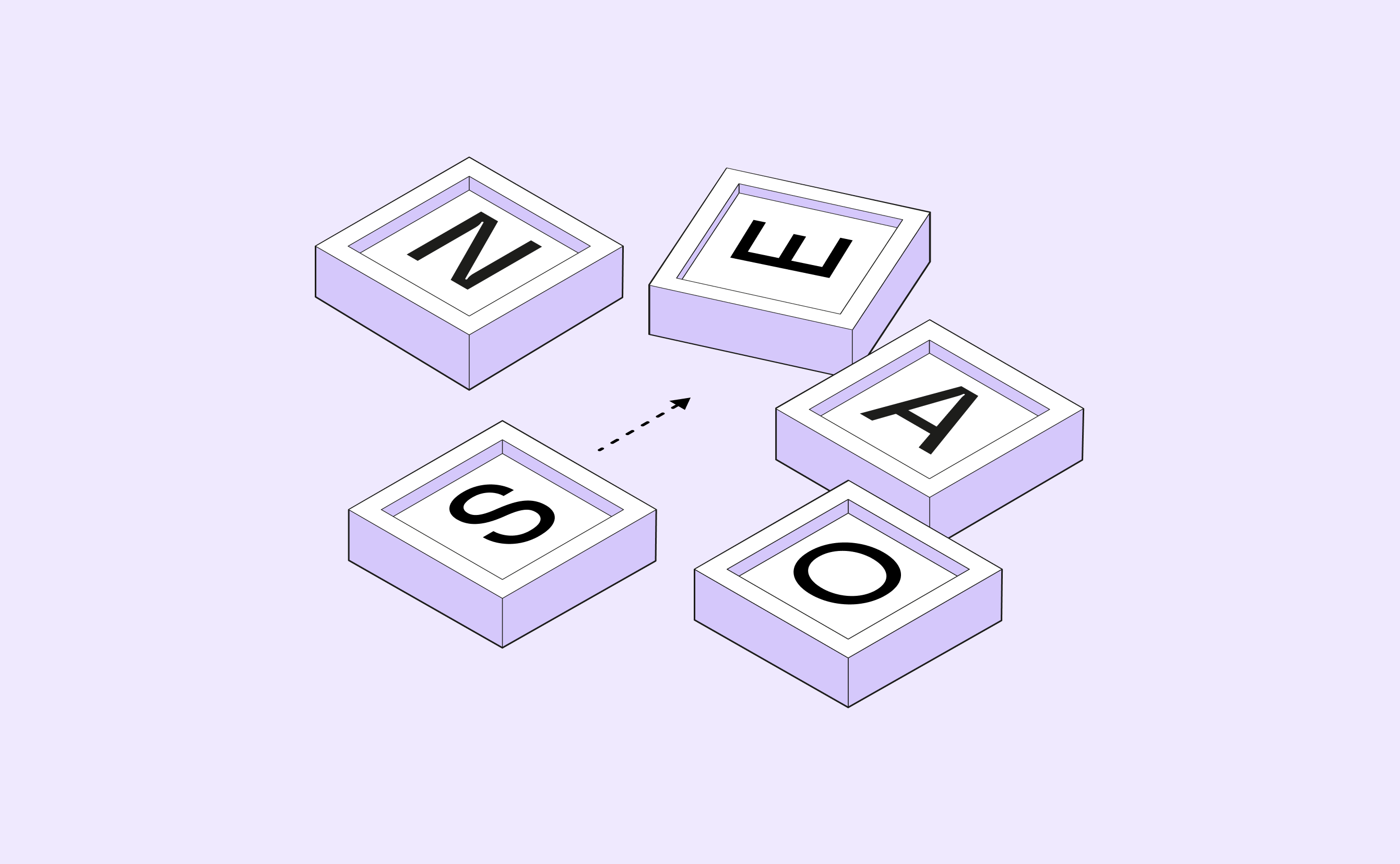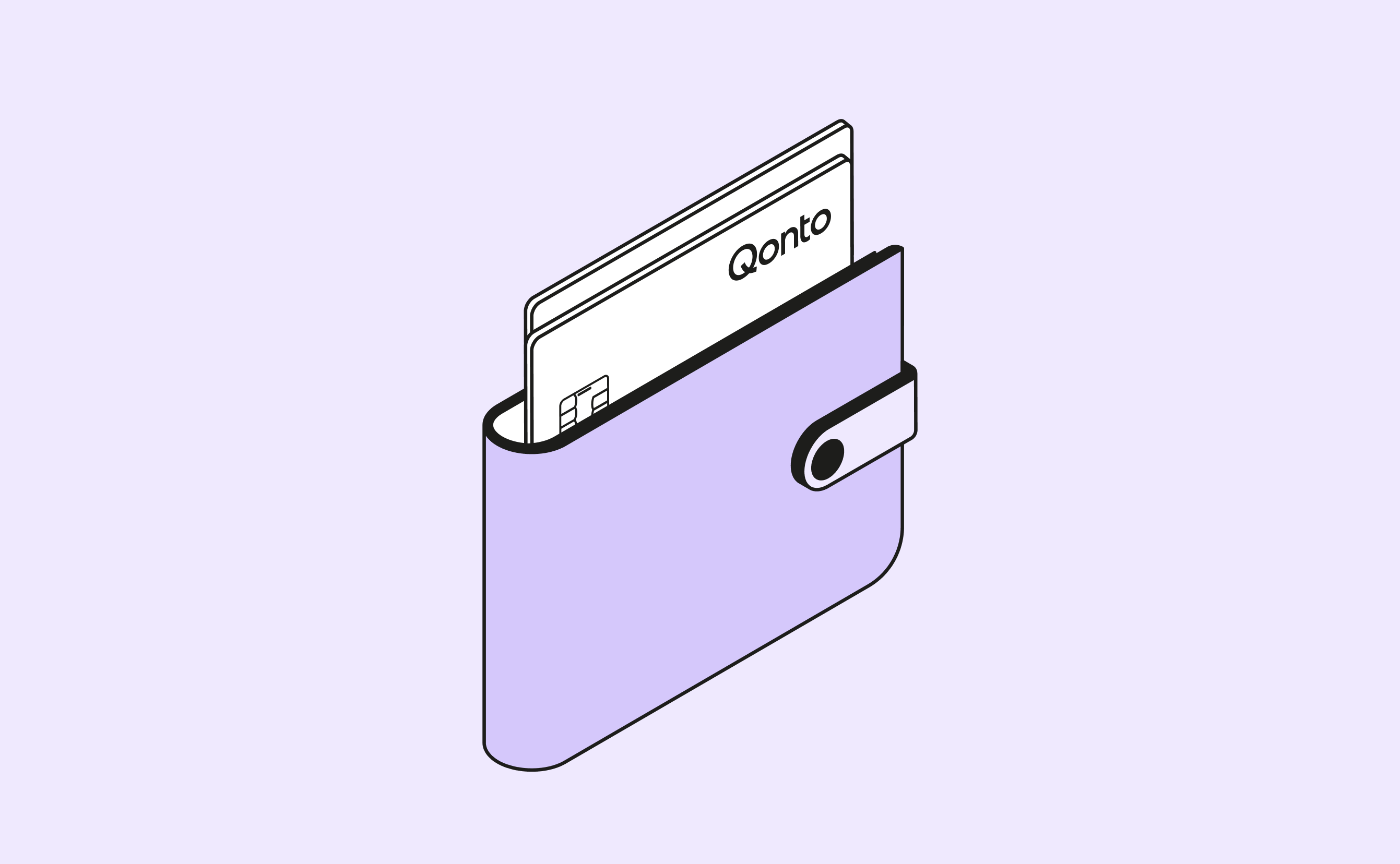Many people are attracted to the idea of being their own boss and running a business, but what are the pros and cons of both professions?
Self-employed vs employed – which one is best for you?

Working for yourself is often seen as a way of escaping the routine of the 9-5 job, having more free time, and earning more money. However, the reality for many is very different from the dream, and many self-employed people end up working longer hours for less money.
So what are the relative advantages and disadvantages of employed or self-employed?
Self-employed
The term self-employed covers a range of work activities, such as freelancing, a contractor, or as a business owner.
Keeping your finances in order when you are self-employed can be a hassle, so open a Qonto business account and let us take some of the strain.
Advantages
You are the boss
You are the boss
For many, this is the number one reason for being self-employed.
Job satisfaction
Job satisfaction
Doing your job well as an employer does give us pleasure, but imagine how it feels when you’ve completed the job for yourself. From the very initial stage of finding the client to preparing the quotes, designing, planning, creating, and finally delivering the piece of work. It doesn’t matter what the job is, just the fact that it’s all by you and the client is happy.
You can earn more
You can earn more
As an employee, you have a salary, and unless you have a bonus scheme, that is the limit of your earning potential. As self-employed, how much you earn is only limited by your ability to find clients and complete the work.
Reduced costs
Reduced costs
This depends on your line of work, but if you work from home, for example, then no more commuting except the walk from the bedroom to the home office! No more traffic jams or hot and smelly public transport.
Variety is the spice of life!
Variety is the spice of life!
As an employee, you have a job that you can do well, but in most companies, it will be repetitive and often with little chance to show where you can excel. As self-employed, you can choose the jobs you want to do, in what order they are done and change things as required.
Organize your time
Organize your time
No one is going to say you can’t go for a coffee break, or take an hour off to take your child to the doctor. You don’t have to ask anyone to take a break and refresh your mind. Your time is your own.
Choose your clients
Choose your clients
When you are self-employed, you can choose your clients. You don’t have that luxury when you are employed.
Disadvantages
No employee benefits
No employee benefits
Probably the biggest downside of self-employment is the lack of a safety net if something goes wrong. If you are sick and can’t work, then you won’t earn anything. There’s no holiday pay, so you need to budget for that. If you want private medical insurance, you’ll have to pay for it.
Possibly long hours
Possibly long hours
Working too many hours is probably one of the most complained about aspects of being self-employed. Firstly, you see working long hours as the way to earn more, but you are also the only one that can do the work.
Starting from scratch
Starting from scratch
Building a business from nothing is time-consuming and hard work. And it is all down to you!
Procrastination
Procrastination
Getting things done means actually doing the work. Being self-employed requires excellent self-discipline, particularly with distractions such as social media. This goes hand in hand with the long hours. By putting off work to do something else, you are merely making more work for yourself.
You are responsible for everything
You are responsible for everything
Taxes, social insurance, pension, annual tax declarations are all your responsibility. Employing a professional to complete these steps is a great idea, but costs money, which you may not have yet. Whether you fail or succeed is entirely down to you.
Isolating
Isolating
If you enjoy the workplace environment, then self-employment may not be for you. It can be lonely, which in turn affects your motivation. One way around this is to join a co-working group.
Unstable income
Unstable income
Particularly at the start, your income may be precarious, as you build a client base and your products and services. Despite no income, you will still have bills to pay.

Employed
The term employee applies to a person who is hired for a salary or fee to perform work for an employer.
Advantages
Employee benefits
Employee benefits
Need a day off? You’ll still get paid. Not feeling very well? You’ll still get paid, depending on the local rules. There may be a company pensions scheme, company health benefits, expenses that you can claim.
Fixed hours
Fixed hours
Your hours are pretty well defined, and outside work hours, you don’t even need to think about work. Time is your own.
Stable income
Stable income
You get paid a salary, regularly at the same time every week or month. You can budget, put some of your income away for a rainy day or your next holiday.
Social life
Social life
Work colleagues often become good friends, as well. You can easily find people that have things in common with you.
It’s not your whole life
It’s not your whole life
When you leave the office and shut the door, that’s you finished for the day.
Disadvantages
Slave to the clock
Slave to the clock
As an employee, you are generally required to work set hours. In the majority of cases, these are 9-5 jobs, which means you will have to ask your boss if you need to leave for doctor’s appointments, collecting children from school, etc. Although knowing your work schedule is great, it’s also very restrictive.
Annoying colleagues
Annoying colleagues
Yes, we’ve probably all been here at one point or another! To be fair, everyone is different, and that’s a good thing, but at work, you are stuck with the people around you.
Constrained by company rules
Constrained by company rules
Companies have essential rules, but again can be restrictive. There’s a delicate balance between ingenuity and maintaining the companies standards, but it can stifle individuality and be frustrating.
Limited potential to increase your income
Limited potential to increase your income
Unless you are in sales or have another role that includes an excellent bonus scheme, your salary is probably all you will get paid each month.
Alternative
Another option is to work both self-employed and employed at the same time. Perhaps take a part-time job while you develop your own business. For many, this is the only route to becoming full-time self-employed, because of the need for an income.






